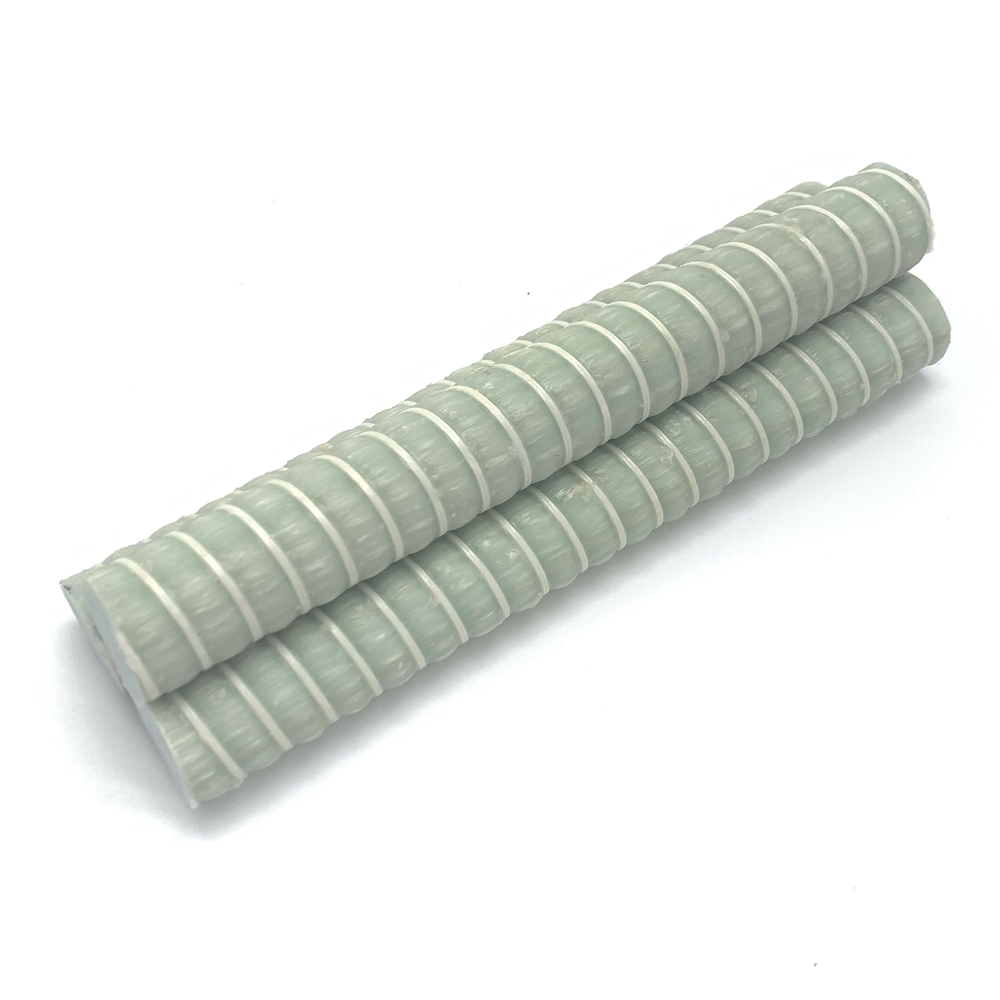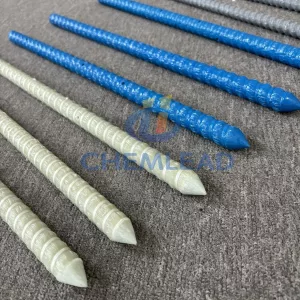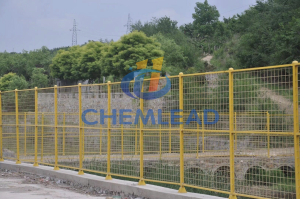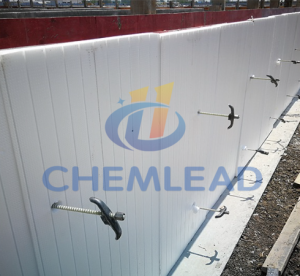+8613776545860

Exploring the Advantages of Fiberglass Rebar in Construction
In the realm of construction materials, innovation continues to drive the industry forward. One such innovation gaining momentum is fiberglass rebar. As an alternative to traditional steel rebar, fiberglass rebar offers a myriad of advantages that can revolutionize construction practices. Let’s delve into why fiberglass rebar is becoming a preferred choice for builders and engineers alike.
1. Corrosion Resistance
Unlike steel rebar, fiberglass rebar is impervious to corrosion. This makes it particularly well-suited for environments prone to moisture, such as coastal regions or structures submerged in water. By eliminating the risk of corrosion, fiberglass rebar ensures the longevity and structural integrity of reinforced concrete elements.
2. Lightweight Nature
Fiberglass rebar boasts a lightweight composition, significantly lighter than its steel counterpart. This characteristic simplifies transportation, handling, and installation processes on construction sites. With reduced labor and equipment requirements, builders can optimize project timelines and resource allocation, leading to cost savings and improved efficiency.
3. High Strength-to-Weight Ratio
Despite its lightweight nature, fiberglass rebar offers exceptional strength. In fact, it often surpasses the tensile strength of steel rebar while maintaining a lower weight profile. This high strength-to-weight ratio allows for robust reinforcement without adding unnecessary load to structures, ultimately enhancing structural performance and safety.
4. Non-Conductive Properties
Electrical conductivity can pose safety hazards in certain construction applications. Fiberglass rebar addresses this concern with its non-conductive properties, making it suitable for use in projects where electrical insulation is paramount. Bridges, tunnels, and structures near power lines benefit from the inherent safety offered by fiberglass rebar.
5. Chemical Resistance
Harsh chemical environments present a challenge for traditional steel rebar due to corrosion susceptibility. Fiberglass rebar, however, demonstrates exceptional resistance to various chemicals, including acids, alkalis, and saltwater. This resistance ensures durability and longevity in chemically aggressive settings, such as wastewater treatment plants or industrial facilities.
6. Thermal Stability
Fiberglass rebar exhibits low thermal conductivity and minimal expansion or contraction with temperature fluctuations. This thermal stability mitigates the risk of thermal stress-induced cracking in concrete structures, preserving their structural integrity over time. From extreme heat to freezing temperatures, fiberglass rebar provides reliable reinforcement in diverse climatic conditions.
7. Environmental Benefits
As sustainability becomes increasingly important in construction, fiberglass rebar shines as an eco-friendly alternative. Its corrosion-resistant nature eliminates the need for maintenance interventions, reducing resource consumption and environmental impact. Moreover, fiberglass rebar is recyclable at the end of its lifespan, further contributing to sustainability efforts.
In conclusion, fiberglass rebar represents a paradigm shift in construction reinforcement solutions. Its corrosion resistance, lightweight nature, high strength-to-weight ratio, non-conductive properties, chemical resistance, thermal stability, and environmental benefits make it a compelling choice for modern construction projects. By embracing the advantages of fiberglass rebar, builders and engineers can usher in a new era of durability, efficiency, and sustainability in construction practices.




 Get Free Quote Now! Don’t Hesitate!
Get Free Quote Now! Don’t Hesitate!